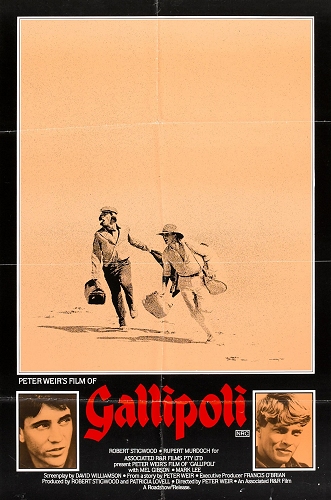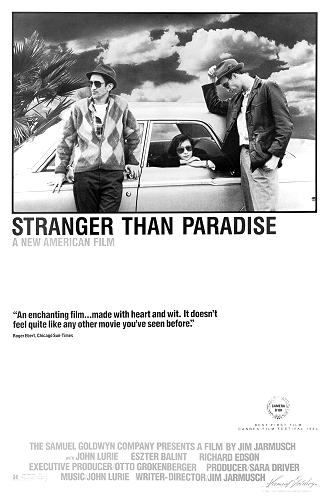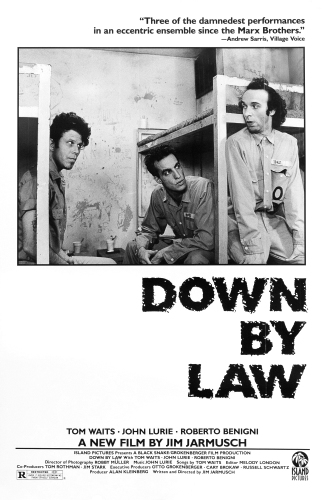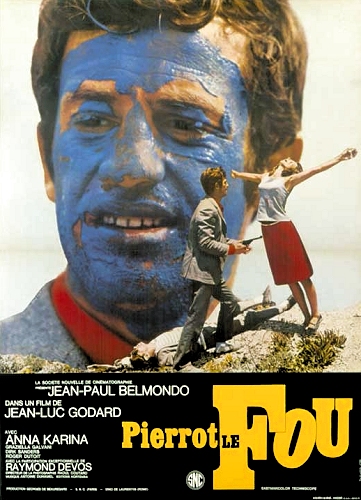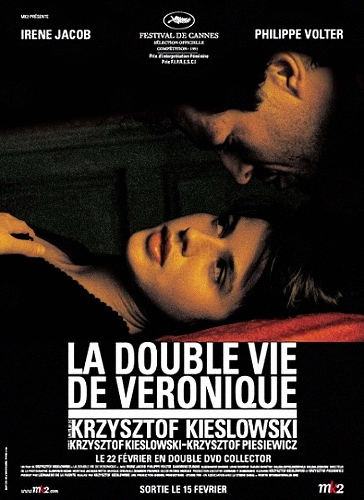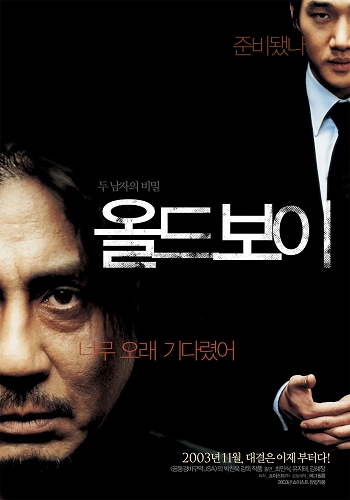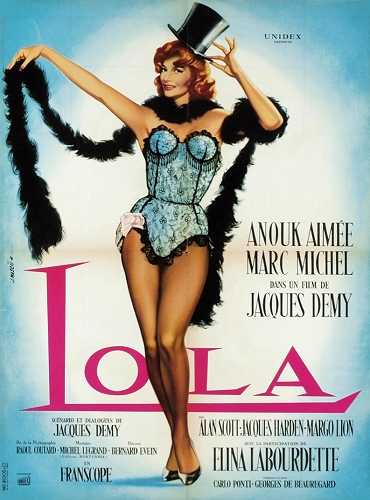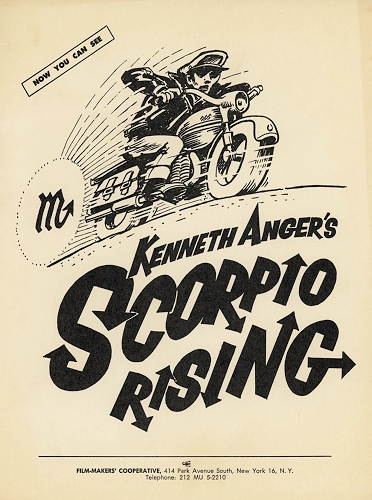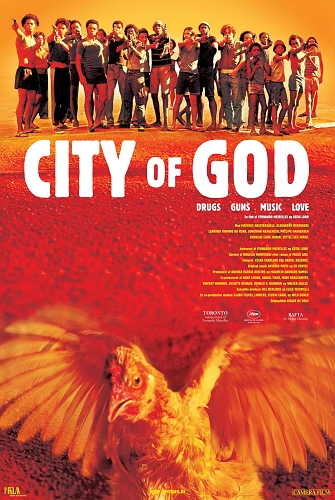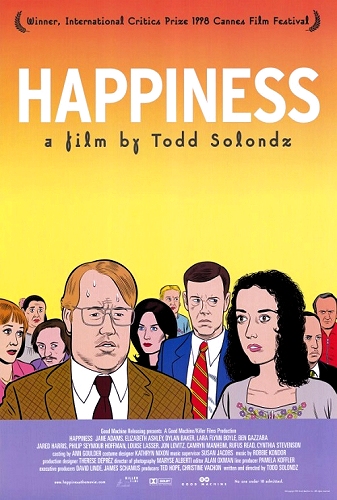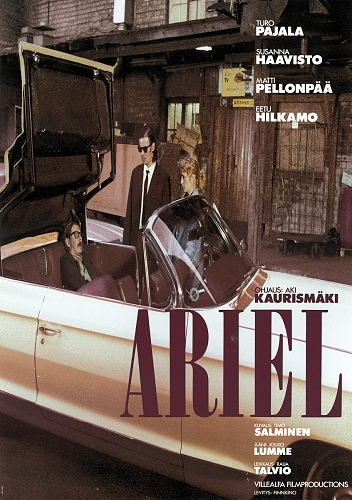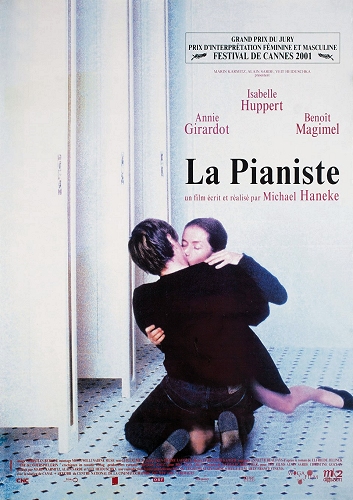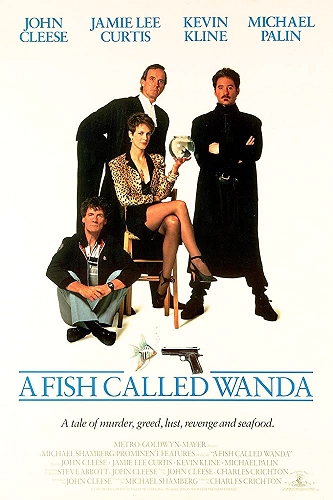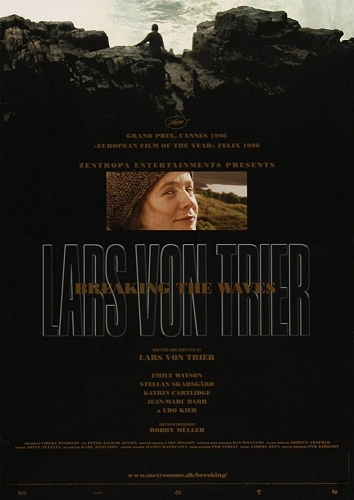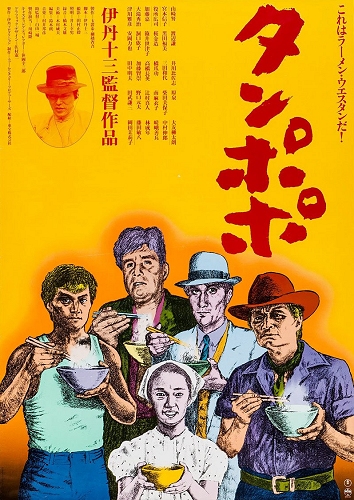City of God (2002)
Director: Fernando Meirelles & Katia Lund
Country: Brazil
Length: 130 minutes
Type: Crime, Drama
I hadn't seen
'City of God' for ages but I remember liking it, today I loved it! It's incredible how easy it is to follow the lives of the large cast, across many years and events in the 'Cidade de Deus' favela. Some of this is down to great story telling, distinct character design and some of it a conversational
'Goodfellas' style narration. The performances are so good it's difficult to believe that they were all non-actor kids, recruited from the same slums in which the film is set and filmed. It gives 'City of God' a feeling of such authenticity and because they are genuinely teenagers (and younger) shown fighting the bloody gang wars, it's more shocking too. The direction is very stylish and energetic in a Scorsese/Tarantino way but not over-stylised. The only thing I didn't like was the over-use of shaky, close-ups and faster editing toward the later parts, no doubt intended to convey the spiralling chaos but it took me out of some scenes. I'd quite forgotten that it was set in the 1960s/1970s, rather than the 90s and that there is a neo-blaxploitation vibe to the film and Funk soundtrack.
Happiness (1998)
Director: Todd Solondz
Country: United States
Length: 139 minutes
Type: Black-Comedy, Drama
The phrase
"not for the easily offended" doesn't quite cut it with
Todd Solondz's 'Happiness',
"not for the hard to offend" would be more like it. Yet I personally didn't find it that offensive, or "sick", on this viewing, or when I first saw the VHS. It's tackling difficult and disturbing subjects, even daring to do it with black-humour but it doesn't feel like it's intending to shock, just to look into the painful lives, phycological problems and sexual perversions of a cast of damaged and pitiable characters. There is a sharp satirical edge to it all too, it's as if the more "normal" and "together" these people are, and the more they seem to conform to suburban mundanity, the more the deep seated their madness is. Joy and even Allen seem the most reasonable characters (compared to some of the others) despite outwardly being textbook "pathetic losers". Where as Trish for example, with her weapons-grade chipper attitude and her self-confessed "perfect life" has an undercurrent of poison to her, taking pleasure in the failures of others, perhaps without ever realising it. I believe 'Happiness' did cause a stir at the time but nearly a quarter century later, it seems inconceivable that it would get made today and if it was, it would surely be greeted with a firestorm of online hysteria. One scene in particular, the dream-sequence where Bill walks through a park placidly gunning down families, scored with idyllic music (intended merely as a first glimpse at what insanity lurks beneath the surface of a respectable member of the community) is difficult to view as intentionally absurd fantasy any more, it's far too real. 'Happiness' was made about a year before Columbine, so wasn't commenting on that event, or two decades of similar incidents but you can't see any humour in that scene now. I'd quite forgotten that
R.E.M's Michael Stipe sings the brilliant pop-rock theme tune at the end, I used to listen to it a lot.

